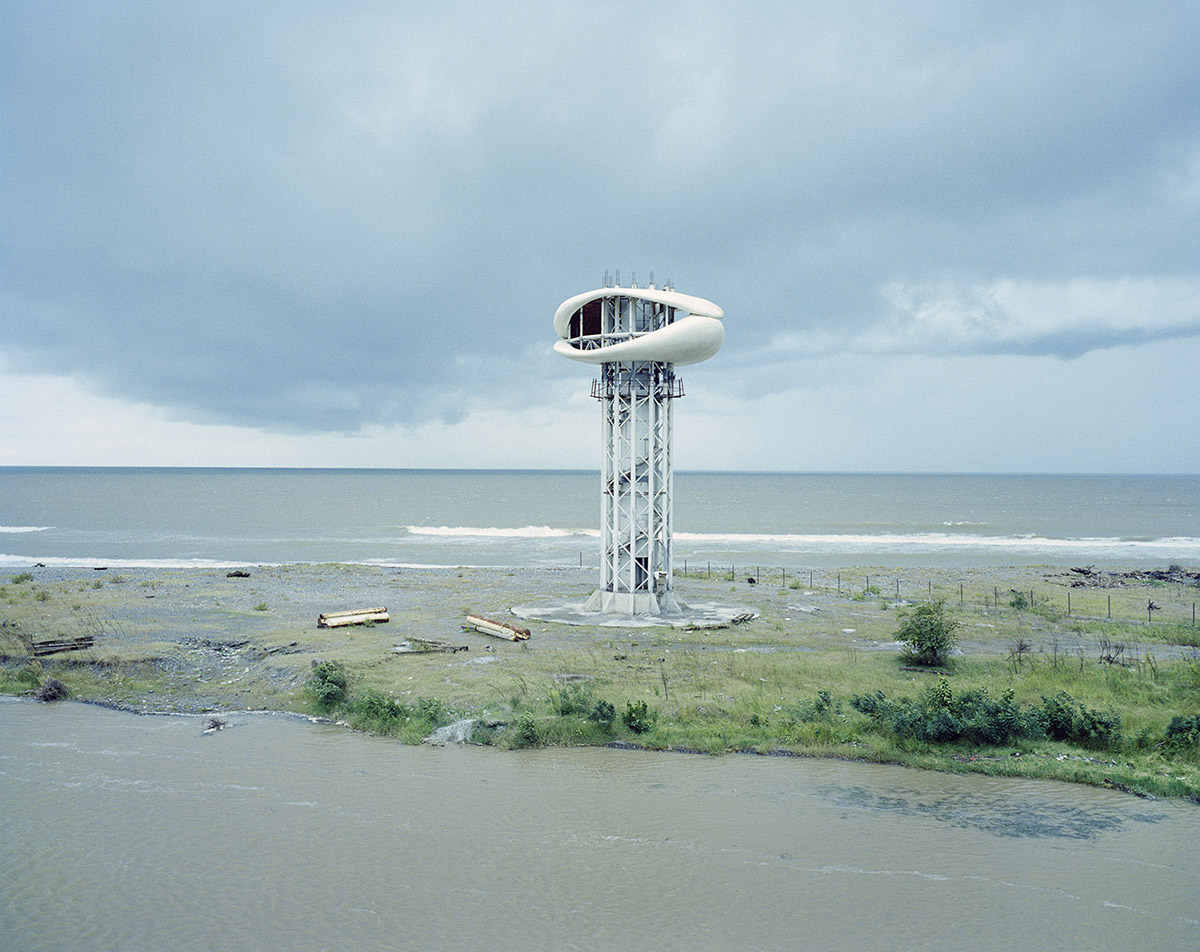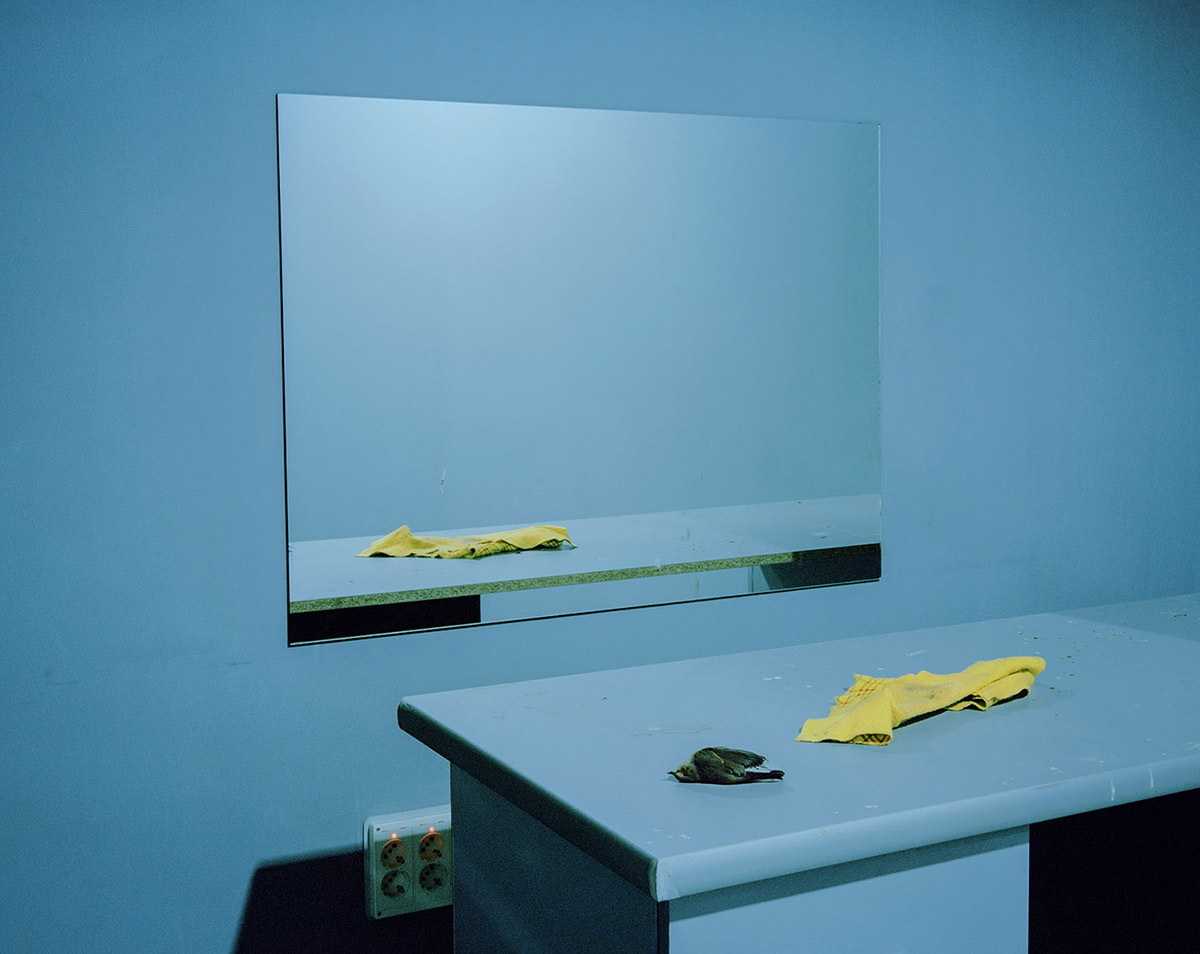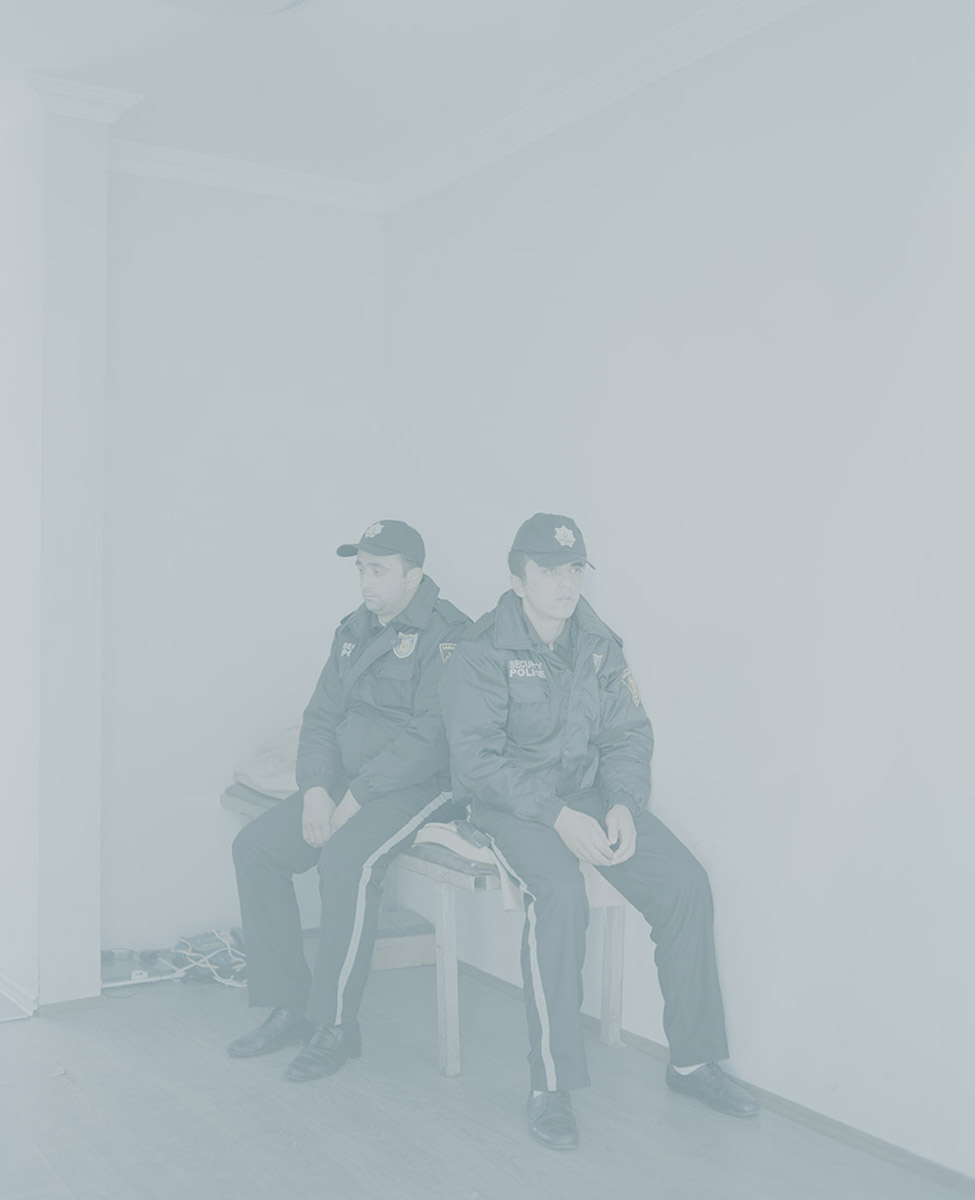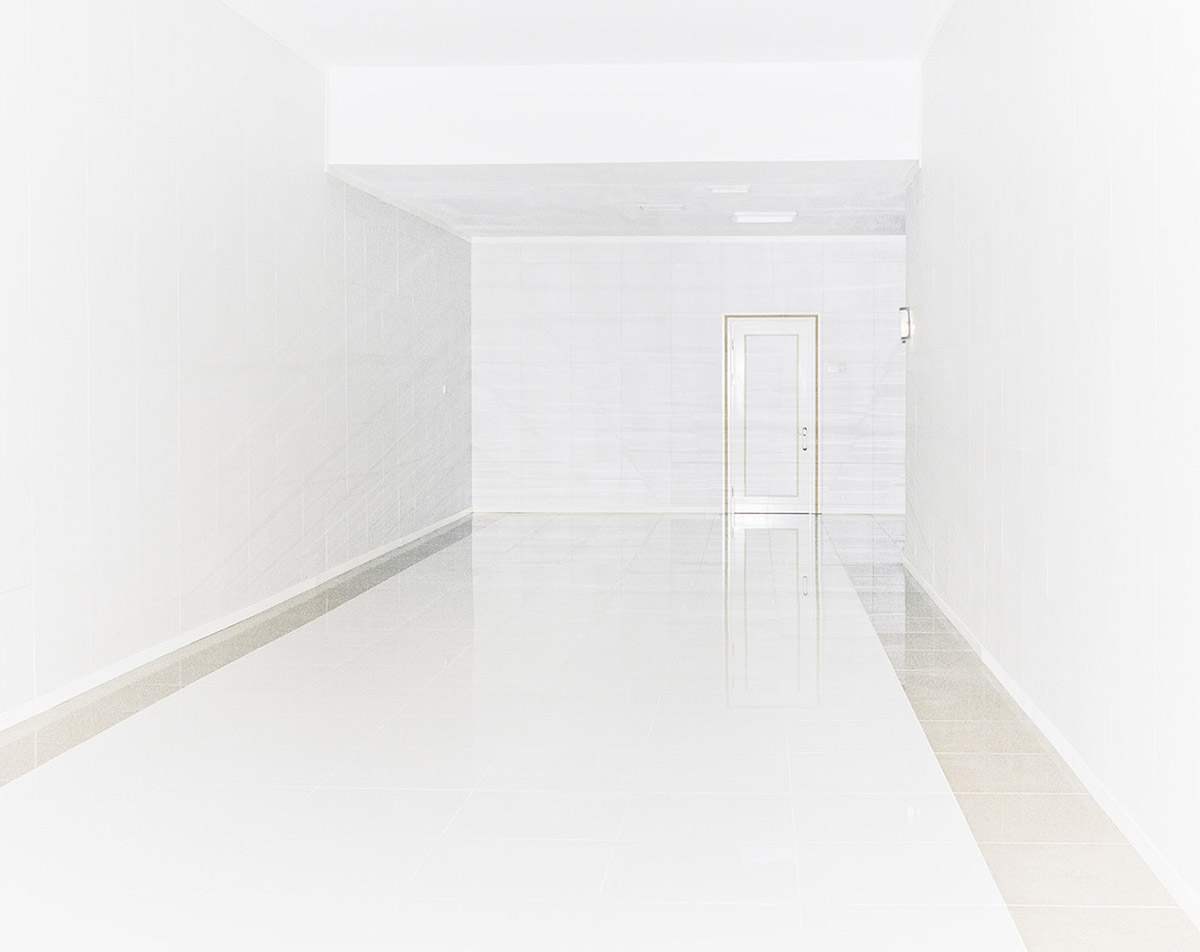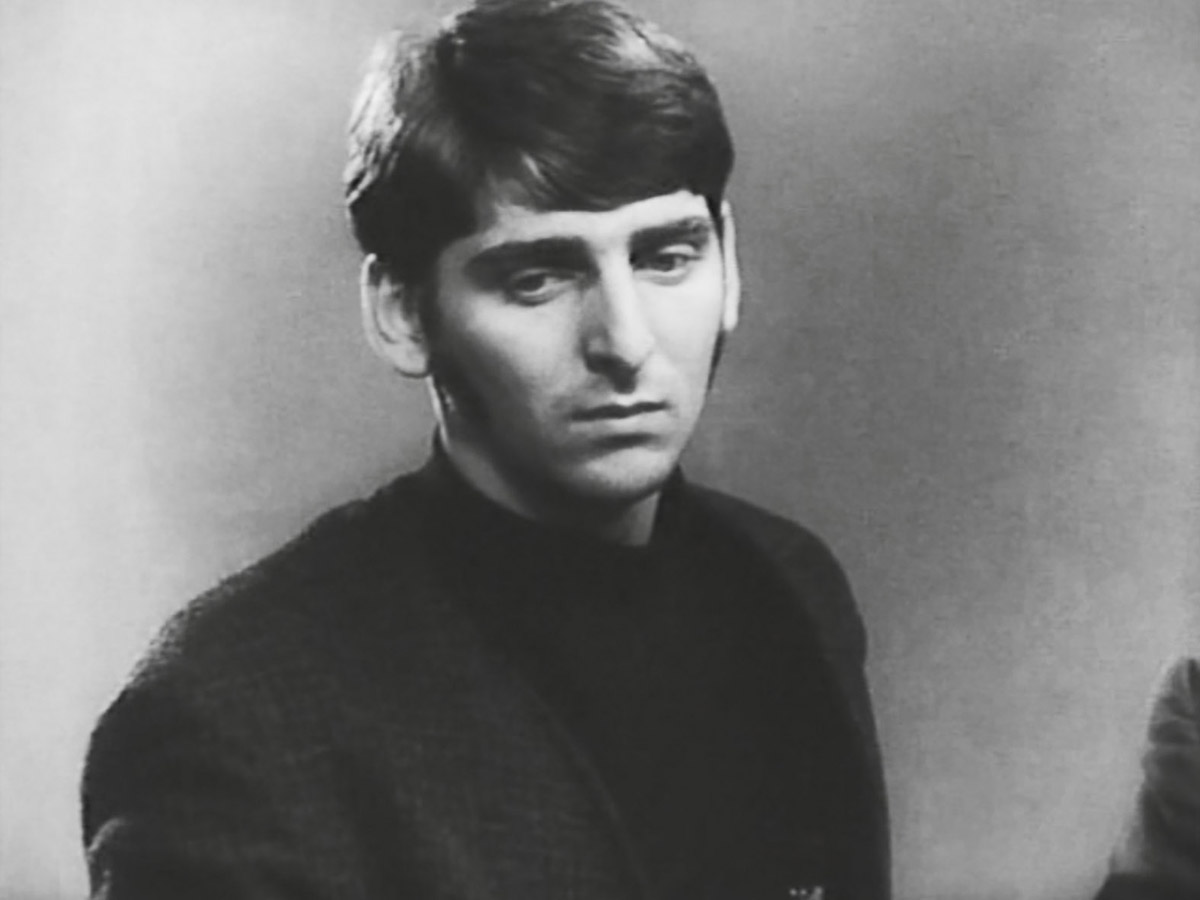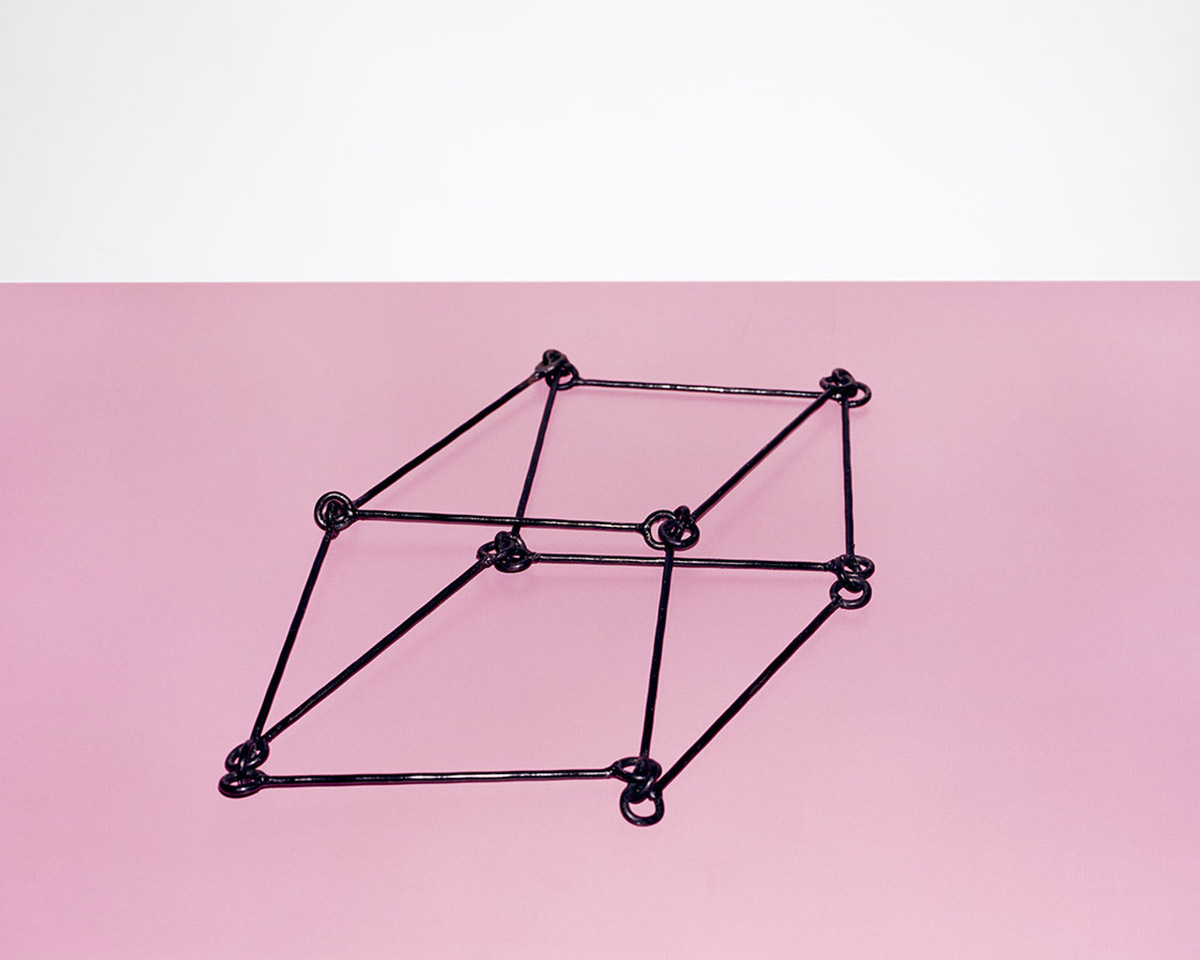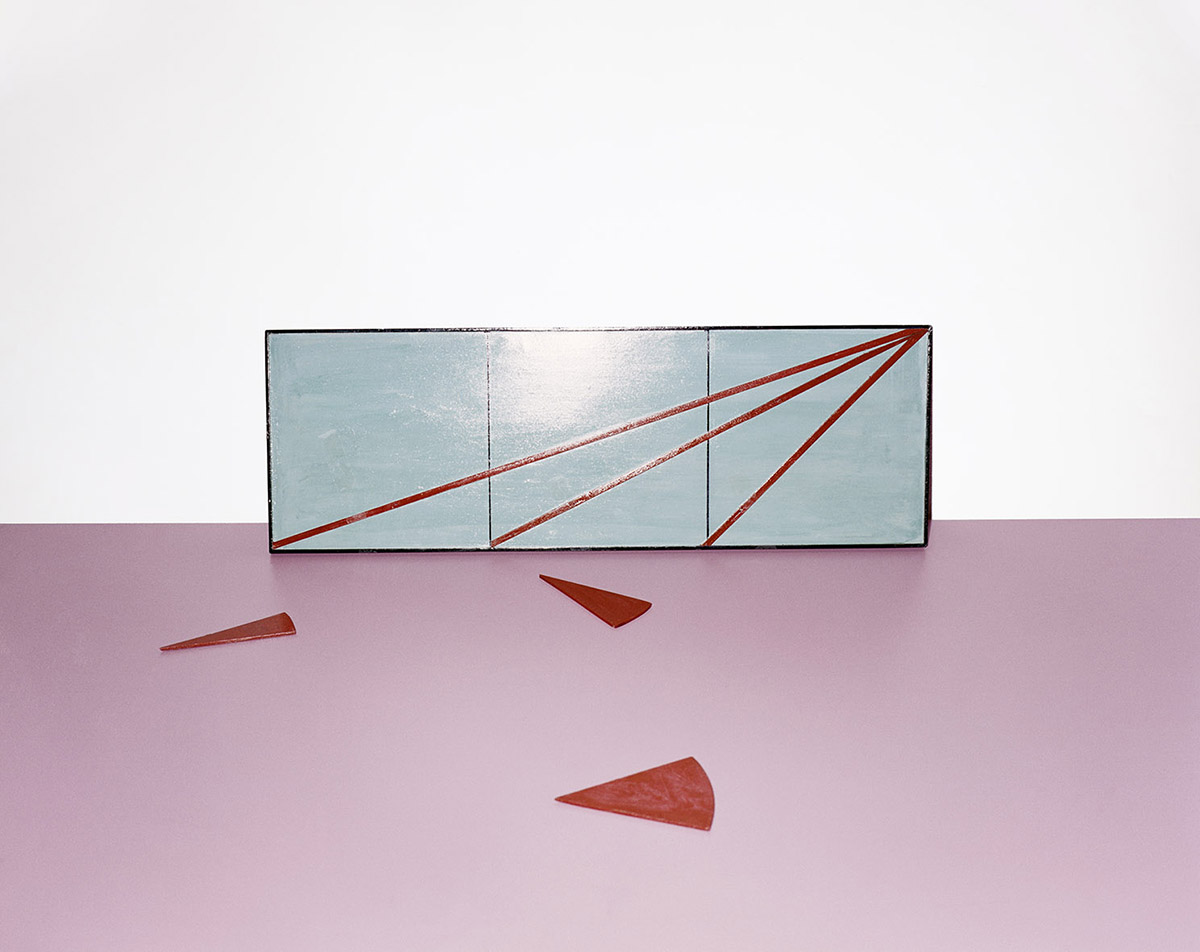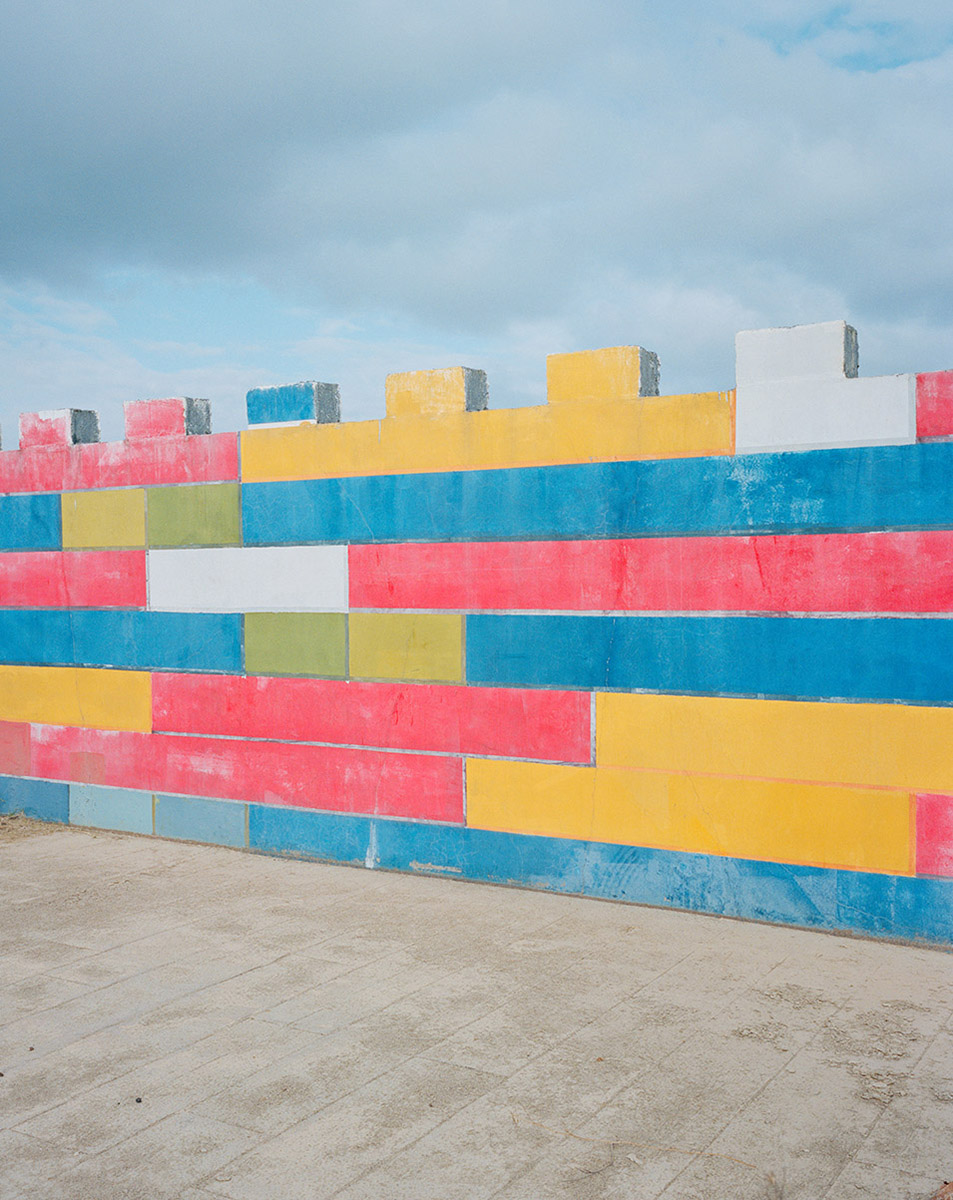Rafal Milach, shortlisted for the Deutsche Börse Photography Foundation Prize 2018, speaks to Tom Seymour about his series Refusal
Earlier in his career, the Polish photographer Rafal Milach worked as an official press photographer in Belarus.
His first trip to the former Soviet country came in 2004. He grew up in Poland, but has Belarusian heritage. After fulfilling his official press obligations, he took a trip to a small town his ancestors had once lived, with the intention of starting a personal story about his family roots.
“But, whilst there, I became fascinated by something else,” he says.
In a carefully maintained square in the centre of the town, Milach noticed a ‘Board of Merit’. Here, the local powers that be would award the “heroes” of the local community – “the best policemen, the best janitors, the best teachers,” Milach says.

Milach noticed how the Board of Merit was linked to the arrangement of public space in the town. “It was the centre-point of the main square, and thus the centre point of the community,” he says.
In a town that felt tired and worn, it was “amazingly maintained, perfectly clean – so clean it would make you feel uncomfortable,” Milach says. “I realised that somebody really wanted to impose this on the people of the town. It was an attempt to depict an idea of a perfect society – as seen by, and promoted by, the Belarus authorities.”
A guessing game began – what did the janitor do to deserve this prize? What about the many people who will never make it to the Board of Merit? If I behaved in a certain way, believed certain things, I might be a hero of my community. But what if I felt or behaved in something different?


From thereon, as he worked his official press job, Milach strove to take pictures that would satisfy his government handlers whilst also, simultaneously, trying to find ways to reveal the sleight of hand that existed behind his photographs.
It was Milach’s first steps towards his ongoing interest in exposing how propaganda works, a discourse that has led him to international acclaim with his series Refusal, which first exhibited at Atlas Sztuki Gallery in the Polish city of Lodz last May, before then being nominated for this year’s prestigious Deutsche Börse prize, with an accumbent exhibition at London’s Photographer’s Gallery.
Milach grew up in Poland before the fall of the Berlin wall. For him, this is a very personal series, for, whilst he wasn’t aware of it at the time, his childhood was defined by experiences of how governments attempt to control their citizens and manipulate their beliefs. “I have very strong, very vivid memories of Communist Poland,” he says. “I still remember queuing for toilet paper, of there being little or nothing in the shops. There was a strong sense of community – people had less, but were much closer. And yet the soft propaganda surrounded us. It was basically everywhere, in a way that was never imposing. It was smuggled into films, into cartoons, into the news, into the public spaces. I grew up with this. It was part of me.”
As he toured around Belarus, and then further, incorporating Georgia, Ukraine, Azerbaijan and Poland, Milach traces the mechanisms of such propaganda – how it can seep into the everyday mundanity of life, into the architecture and urban planning of the places we call home, our image culture and accepted language. “It really surprised how these worn-out methods are still seen as valid in contemporary societies,” he says.
He reflects this through the exhibition by featuring found and archival ephemera like, for example, screenings of Soviet television programmes showing various state-run competitions not unlike the Board of Merit.



© Rafał Milach “Obie białe” 2017
Crucially, Milach also explores how such methods of control have survived the end of the Soviet Union, and the region’s subsequent move towards a more capitalist system of society.
As a way of pictorialising this, Milach’s series includes more traditional architectural pictures of what he terms “modern ruins”, the most striking example being the incomplete tower commissioned for the Black Sea village of Anaklia by the then President of Georgia, Mikheil Saakashvili, in 2012, as an ostentatious way of showing the world a new and modern Georgia under his pioneering administration.
It was a form of architectural propaganda. Then, when Saakashvili fled the country after a coup, the tower was abandoned in mid-completion, leaving the structure, unused and useless, dangling in a strange, unpeopled wasteland.
But the Anaklia building is not specific to Georgia, Milach stresses. Milach sees it as a visual metaphor for a contemporary phenomena that stretches right across the world.


“It’s naive to think that, after the Soviet system collapsed, we would then would not face propaganda from power structures he says. “It’s also naive to think, if you live in a democratic society, you’re not subject to control and manipulation. We are all part of a bigger political construct”.
“What I try and underline with Refusal is the universal aspect of it,” he says. “This is not linked to geography. The mechanisms I’m describing are functioning all over.”
Written by Tom Seymour.
See Refusal at the Deutsche Börse prize at London’s Photography Gallery until 3 June 2018.
For more from our Ideas Series, click here.
See more of Rafal’s work here.
